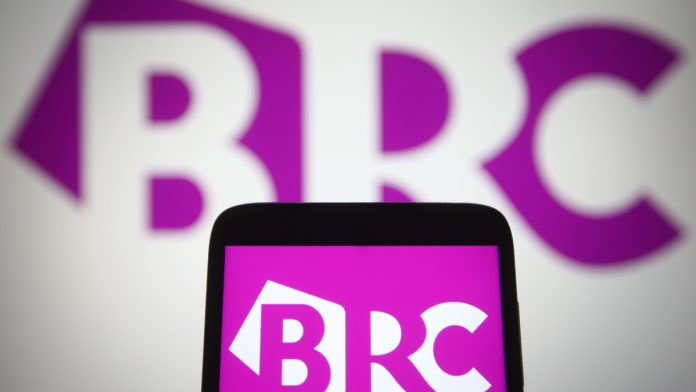According to the latest Payments Survey 2023 from the British Retail Consortium (BRC), UK retailers saw a 4.3% increase in sales for 2022 – reaching a total value of £439.5bn.
Transactions for the year also increased in number compared to 2021, rising from 47.2m per day (17.2bn total) to 53.7m per day (19.6bn total). However, the average value of the payments fell from £24.49 to £22.43, signifying a shift towards more frequent but cheaper shopping.
Interestingly, there were also more people paying in cash, making 19% out of all transactions in 2022 compared to the 15% from 2021 – something that clearly signals the budgeting that many households were forced to make due to the cost-of-living crisis.
Cards on the other hand were responsible for 76% of all payments in 2022 compared to the 83% in 2021, which is understandable given that people were avoiding cash at all costs while COVID was still in its peak.
When it comes to cash, BRC has declared that it is in favour of an increased usage compared to the general UK financial industry that is tirelessly sounding the horn for a predominantly cashless economy.
In fact, the BRC additionally highlighted that retailers have to deal with significant costs caused by the dominance of card payments, spending around £1.26bn on card processing fees.
This concern was also echoed by a number of financial companies in their response to the recently-published Future of Payments Review, in which the UK government officially recognised alternative payment methods and Open Banking as viable competitors to card payments.
Hannah Regan, Payments Policy Advisor, British Retail Consortium, added: “We are now seeing a return to many of the pre-pandemic trends in payments, including smaller but more frequent purchases, and a slight return of cash payments.
“Unfortunately, what has not changed is the ever-increasing scale of fees paid by retailers in order to accept card payments.
“Though alternative payment methods could provide much needed competition to the market, the dominance of card payments means it is essential that action is taken to prevent fees rising further.”























